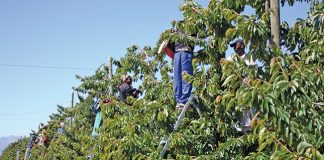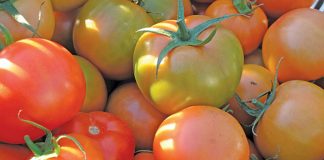Meyer, former cabinet minister and chief negotiator for the National Party government in the settlement of the South African conflict and the end of minority rule, told guests that new models were needed for the implementation of land reform because the current model was clearly failing.
This did not mean that it was necessary to change the Constitution. “We are missing the point with our current approach to land reform. By following the current model, nobody is gaining from land reform. I am certain there must be a better recipe than the one now being applied,” he said.
“The debate keeps getting stuck at the willing-buyer, willing-seller principle. It is absolutely clear that we have to move past this and look at other models of land reform based on adding commercial value,” he explained. Meyer said that the Constitution did not need to be amended to implement new, better land reform models, such as equity share schemes and shared ownership models.
He also reflected on the theme for this year’s Bien Donné Agri Cape Week, ‘Change for Sustainability’, saying that peaceful transformation, as experienced in South Africa in the transitional period of the 1990s, was primarily based on three factors: inclusivity, mutual trust and ownership.
Orton King, group executive director of the Agri Mega Group (organisers of the Bien Donné Agri Cape Week), who introduced the theme of the expo earlier during the proceedings, explained that sustainability could not be achieved through stagnation, but through continuous change. Bien Donné Agri Cape Week takes place from 19 to 21 April at the ARC Research Farm outside Paarl. –











